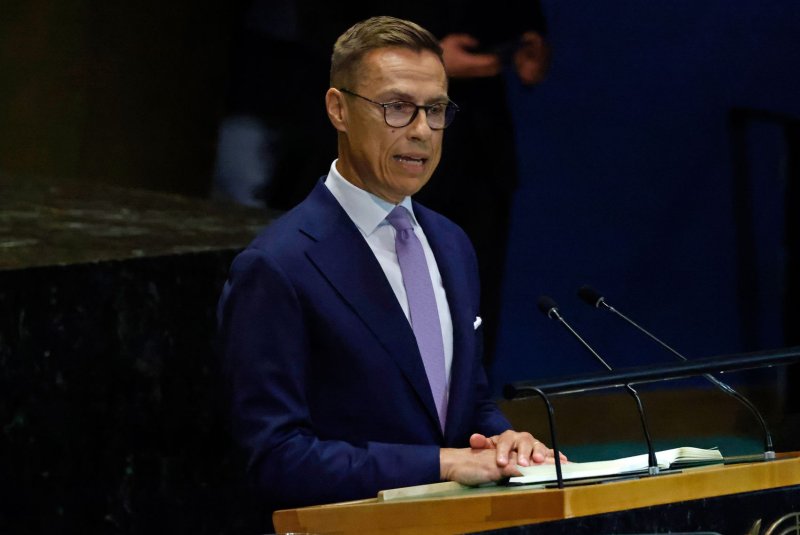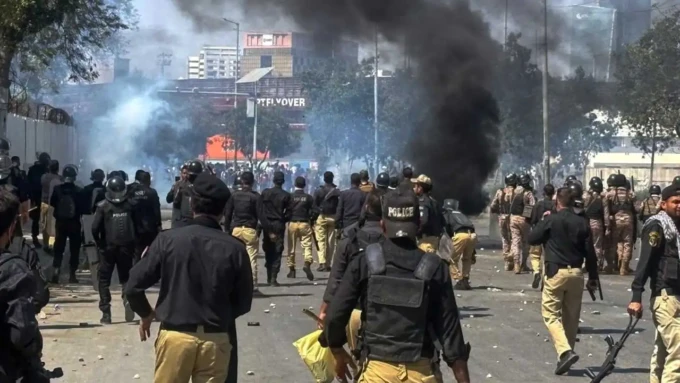In a significant shift in European defense policy, Finland and Lithuania have announced plans to produce anti-personnel landmines, marking their withdrawal from the 1997 Ottawa Convention that prohibits such weapons. This decision aligns with similar moves by neighboring countries, including Poland, Latvia, and Estonia, all citing increased security concerns due to Russia’s actions in Ukraine.
On April 1, 2025, Finland’s government initiated preparations to withdraw from the Ottawa Convention, emphasizing the need to bolster national defense capabilities in response to perceived threats from Russia. The Finnish Ministry of Defence stated that the decision aims to enhance the country’s defense posture by allowing the stockpiling and potential use of anti-personnel mines.
Similarly, Lithuania’s parliament voted on May 8, 2025, to withdraw from the Ottawa Convention. Lithuanian officials argue that reintroducing anti-personnel mines is essential for national security and effective defense against potential aggression. The decision reflects a regional consensus among Baltic states and Poland to reassess their defense strategies in light of evolving security dynamics.
The move has sparked criticism from humanitarian organizations concerned about the long-term impact of landmines on civilian populations. The International Committee of the Red Cross has expressed deep concern over the potential humanitarian consequences of reintroducing these weapons, emphasizing the importance of adhering to international disarmament norms.
In response to these developments, UN Secretary-General António Guterres has called for renewed commitment to disarmament and mine action, highlighting the global implications of such withdrawals. He urged countries to uphold humanitarian disarmament norms to prevent further civilian casualties and ensure post-conflict recovery.
The decision by Finland and Lithuania to produce anti-personnel landmines signifies a notable shift in European defense policy, reflecting the complex balance between national security concerns and international humanitarian obligations. As these countries move forward with their plans, the international community continues to monitor the situation, weighing the implications for regional security and global disarmament efforts.










I cant believe Finland and Lithuania are going back on the Ottawa Convention! Whats next, a comeback for pagers and fax machines?
I cant believe Finland and Lithuania are going back on the Ottawa Convention! Why risk lives with anti-personnel landmines? Unbelievable decision.
Wow, isnt it contradictory for countries to produce landmines after banning them? Whats the real logic behind this decision?
Wow, Finland and Lithuania producing landmines? Seems risky. Wonder what their reasoning is. Controversial move for sure.
Wow, this decision seems contradictory to their values. Are they prioritizing defense over humanitarian concerns? Whats your take on this?
I find it concerning that Finland and Lithuania are going against the Ottawa Convention. What are they thinking? This is a step backward.
I cant believe Finland and Lithuania are going back on the anti-landmine ban. Whats next, bringing back pagers and fax machines?
I cant believe theyre going back on the ban! Whats the point of progress if were just going back to old destructive ways?
Wow, this decision seems backwards. Why go against a ban on landmines? Are there really no other options?
Wow, this decision seems counterintuitive. Are they really prioritizing defense over humanitarian concerns? Curious to hear others thoughts.
I cant believe Finland and Lithuania are going back on the Ottawa Convention! Whats next, a return to medieval warfare tactics?
Isnt it contradictory for Finland and Lithuania to produce landmines after banning them? Whats the real motive behind this decision?
Wow, I cant believe Finland and Lithuania are going back on the Ottawa Convention. I wonder what made them change their minds.
Wow, seems like Finland and Lithuania are going against the trend here. What do you all think about this decision? Should they be allowed to produce these weapons?
Wow, this decision seems backward. Arent we supposed to be moving towards peace and disarmament? Whats the reasoning behind this?
I cant believe Finland and Lithuania are going against the Ottawa Convention! Why backtrack on progress made towards banning landmines?
I cant wrap my head around this decision! Landmines are so destructive, why go back on the Ottawa Convention now?
Wow, this is a controversial move! What are your thoughts on Finland and Lithuania going against the Ottawa Convention on landmines?